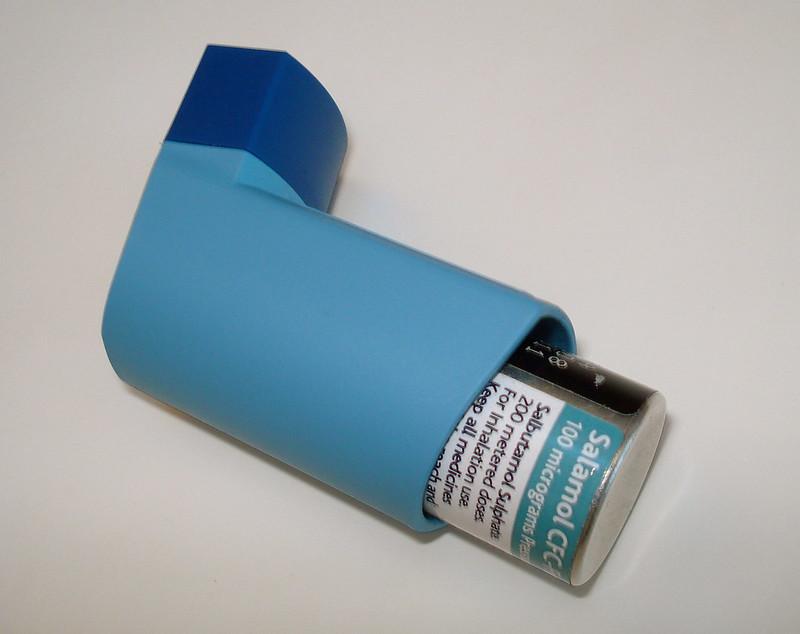 Source: allispossible.org.uk | CC BY 2.0 Generic
Source: allispossible.org.uk | CC BY 2.0 GenericLiving with asthma can be challenging, but with proper management, you can significantly improve your quality of life and reduce the frequency of asthma attacks. Effective asthma management involves a combination of lifestyle changes, medications, and preventive measures. In this blog post, we’ll explore essential tips and strategies to optimise asthma management and help you breathe easier.
Understand Your Asthma Triggers
The first step in managing asthma is identifying and understanding your triggers. Common triggers include allergens (e.g., pollen, pet dander, dust mites), respiratory infections, tobacco smoke, air pollution, strong odours, and cold air. Keep a journal to track when and where your symptoms worsen, as this can provide valuable insights into your triggers.
Develop an Asthma Action Plan
Work with your healthcare provider to create a personalised asthma action plan. This plan should include instructions on how to manage asthma in different situations, including what medications to take, when to seek medical help, and how to adjust treatment during worsening symptoms or asthma attacks.
Use Asthma Medications as Prescribed
There are two main types of asthma medications: preventers and relievers. Preventers, such as inhaled corticosteroids, leukotriene modifiers, and long-acting beta-agonists, help manage chronic inflammation and prevent asthma attacks. Relievers, like short-acting beta-agonists, provide quick relief during acute symptoms.
Always take your medications as prescribed by your healthcare provider, and never skip doses, even if you feel fine. Consistent medication adherence is crucial for keeping asthma under control.
You can reach out to the expert team at Twin waters Pharmacy can help you to understand your medications better. We can also provide tips and advice to get the best benefit from your treatments.
Create an Asthma-Friendly Environment
Maintaining a clean and asthma-friendly environment can greatly reduce exposure to triggers. Regularly clean your home, use dust-proof covers for mattresses and pillows, vacuum with a HEPA filter, and keep pets out of the bedroom if you’re allergic to pet dander. Install an air purifier to help remove allergens and pollutants from the air.
Stay Active with Care
Regular physical activity is essential for overall health, but for people with asthma, it’s crucial to exercise with care. Warm up before workouts, avoid exercising in cold weather, and choose activities that are less likely to trigger asthma symptoms, such as swimming or walking. Always have your reliever inhaler on hand during physical activity.
Practice Breathing Techniques
Learning breathing techniques can help improve lung function and reduce the impact of asthma attacks. Techniques like pursed lip breathing and diaphragmatic breathing can aid in controlling breathing patterns and easing symptoms during asthma exacerbations.
In Summary
Asthma management is a multifaceted approach that involves understanding triggers, following an asthma action plan, using medications as prescribed, monitoring peak flow, creating an asthma-friendly environment, exercising with care, and practicing breathing techniques. By integrating these strategies into your daily life, you can optimise your asthma management and enjoy better respiratory health, ultimately leading to a more fulfilling and active lifestyle. Remember to regularly consult your healthcare provider for personalised advice and adjustments to your asthma management plan. Together, you can take control of your asthma and breathe easier.

Thank you. Very helpful cold and wet weather are my big triggers